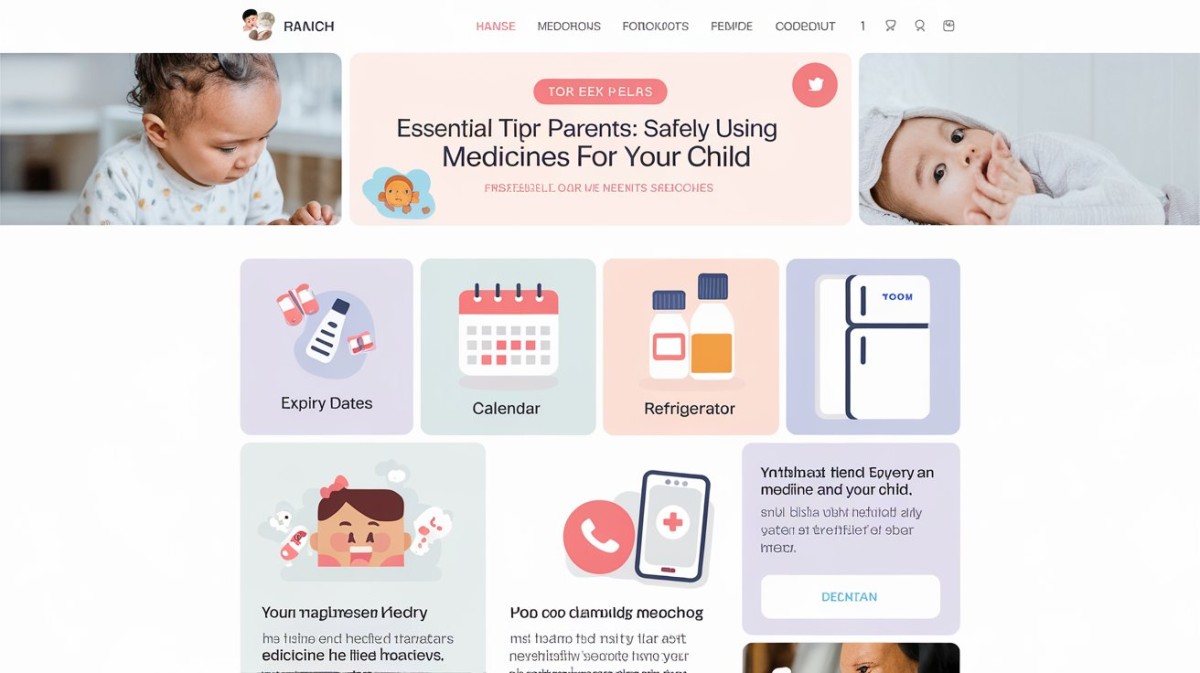Just imagine how sure you can be that the syrup that you have at your medicine chest is still safe and useful for the child. If there is anything that is of primary concern to parents it has to be the welfare of their children and this includes giving them medication.
However, how do one make the right choices?
Here, we will enlighten you about the features and measures you should follow while using syrup medicines for your child in this blog.
Understanding the Basics of Syrup Medicines
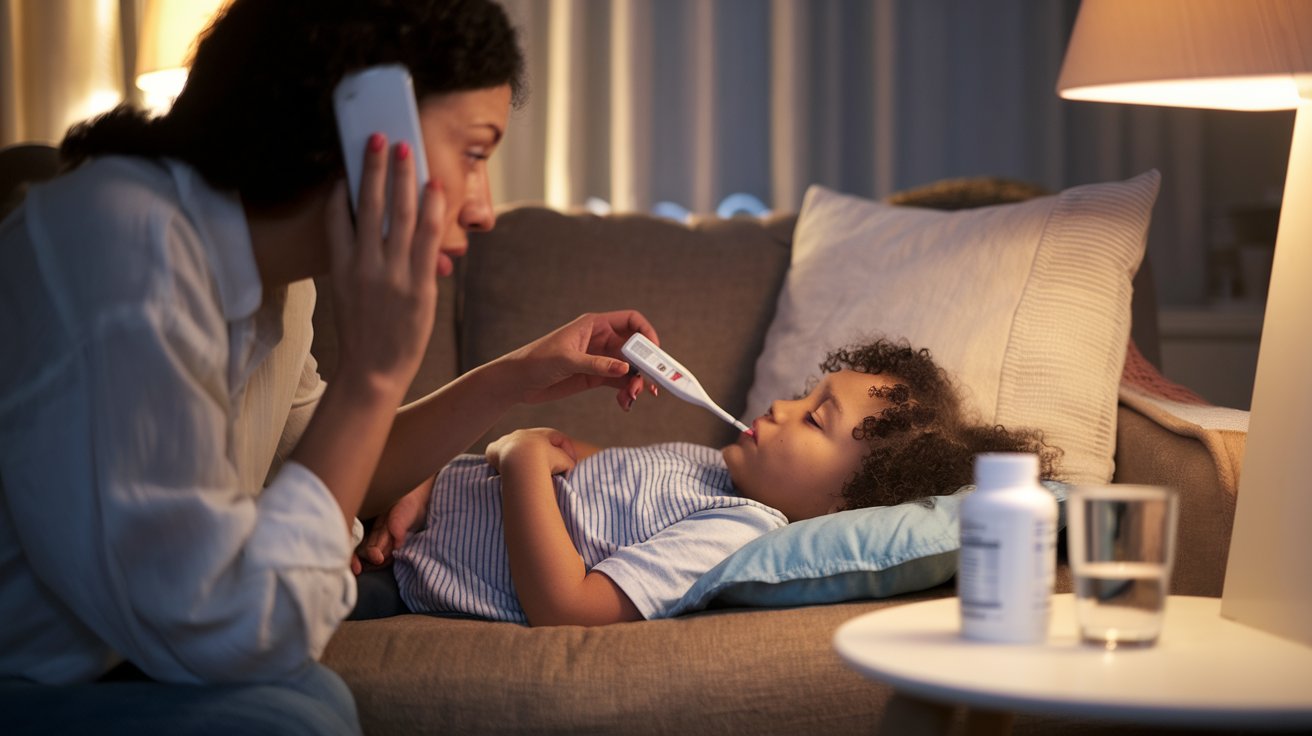
Syrup medicines are usually the preferred remedy for fighting illnesses that are common among children such as fever, cough, and stomach ache. This is because they are sweet and in liquid form hence preferred by children than having to gulp down some tablets or capsules. However, as much as syrups appear to be simple, parents are required to have few considerations so as to make sure their child is safe.
1. Check the Expiry Date
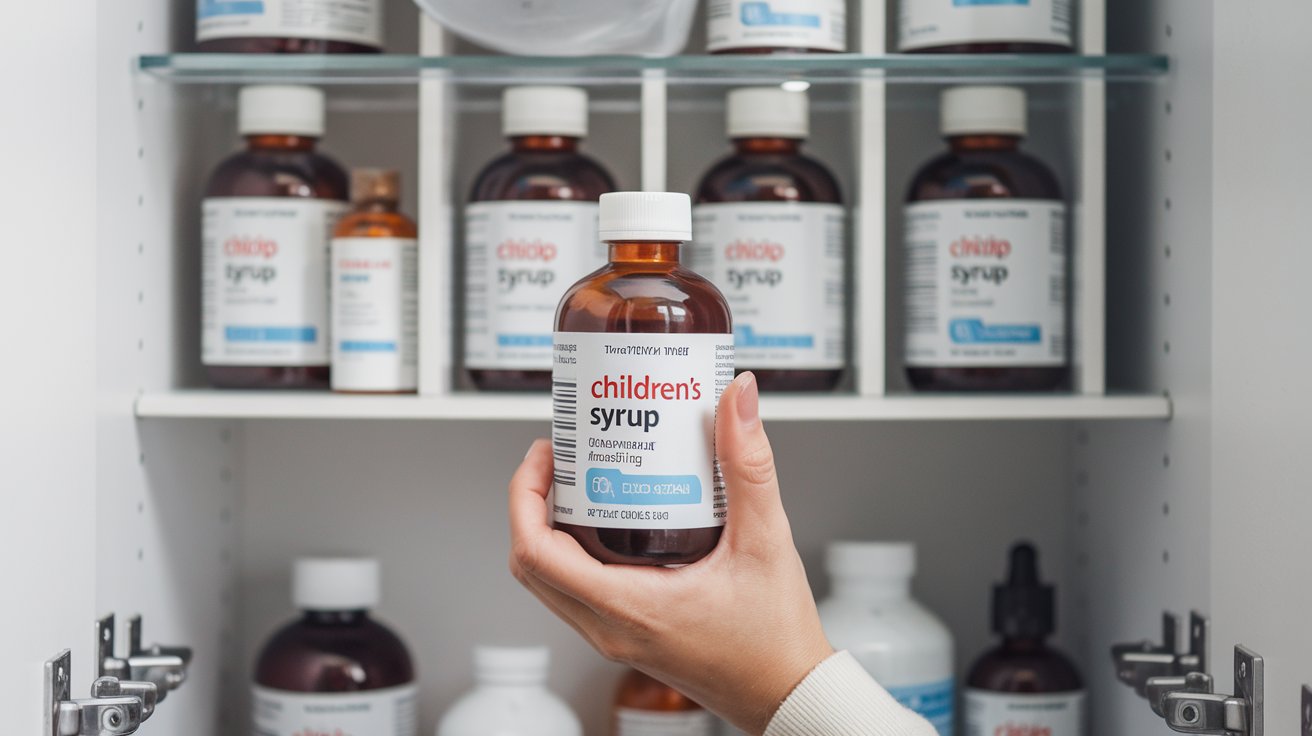
When you want to give your child any medication, the first and very important thing to do is to check the expiry date. Old medications becomes ineffective, and in some instances even acquire toxic properties for the body. This is a minor point, but considering that the syrup may have been bought quite a long time ago, it is very easy to overlook it. It is important that you always check the expiry dates of all the drugs in your home from time to time and properly dispose of those, which have gone bad.
2. Mark the Date of Opening
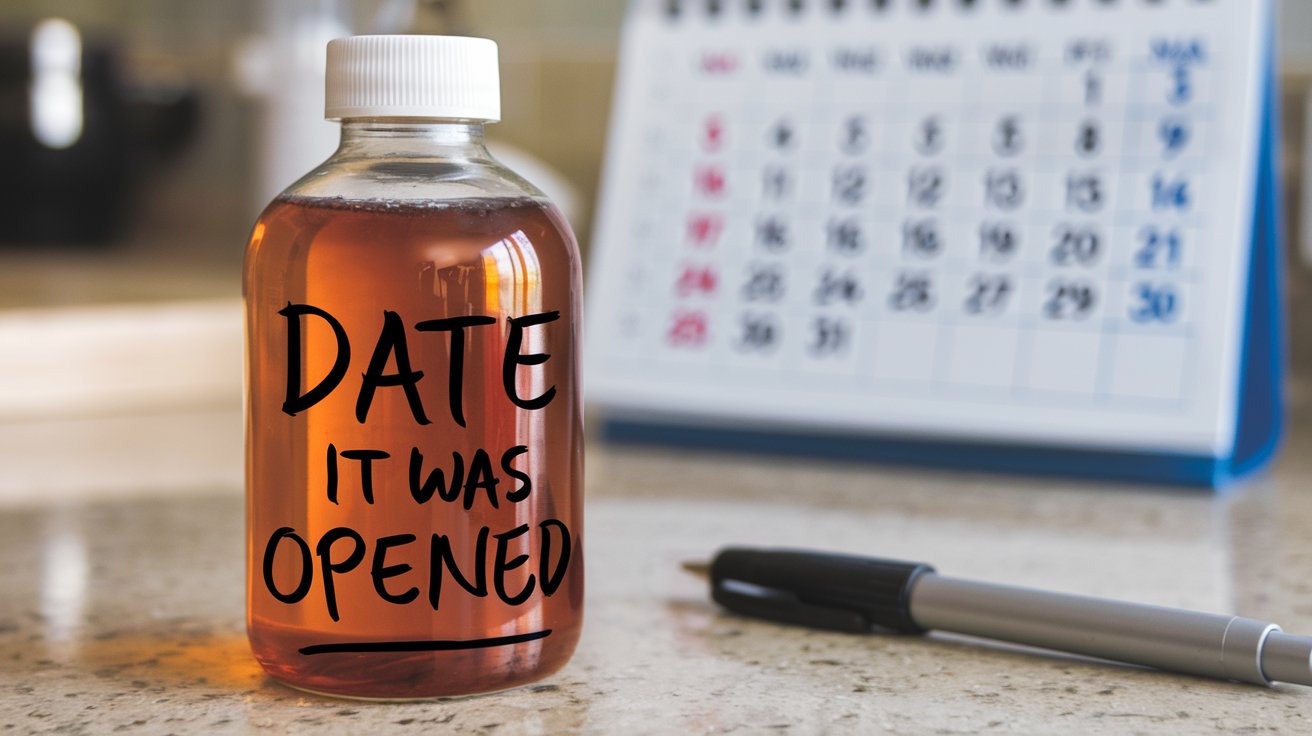
Simply stated, when a bottle of syrup is opened its shelf life becomes something else entirely. It is to be noted that almost all syrups have a shelf life of one month after the lid has been opened, in case it contains sugar. This is why it is done because syrups can quickly turn into a breeding ground for bacteria once it is exposed to air. Let it be easy to track thus during the opening of the bottle ensure you write the date on it with a marker. By taking this simple step, you can make sure that you are not putting your child under the harm of providing them an ineffective or even toxic medicine.
3. Be Cautious with Antibiotics
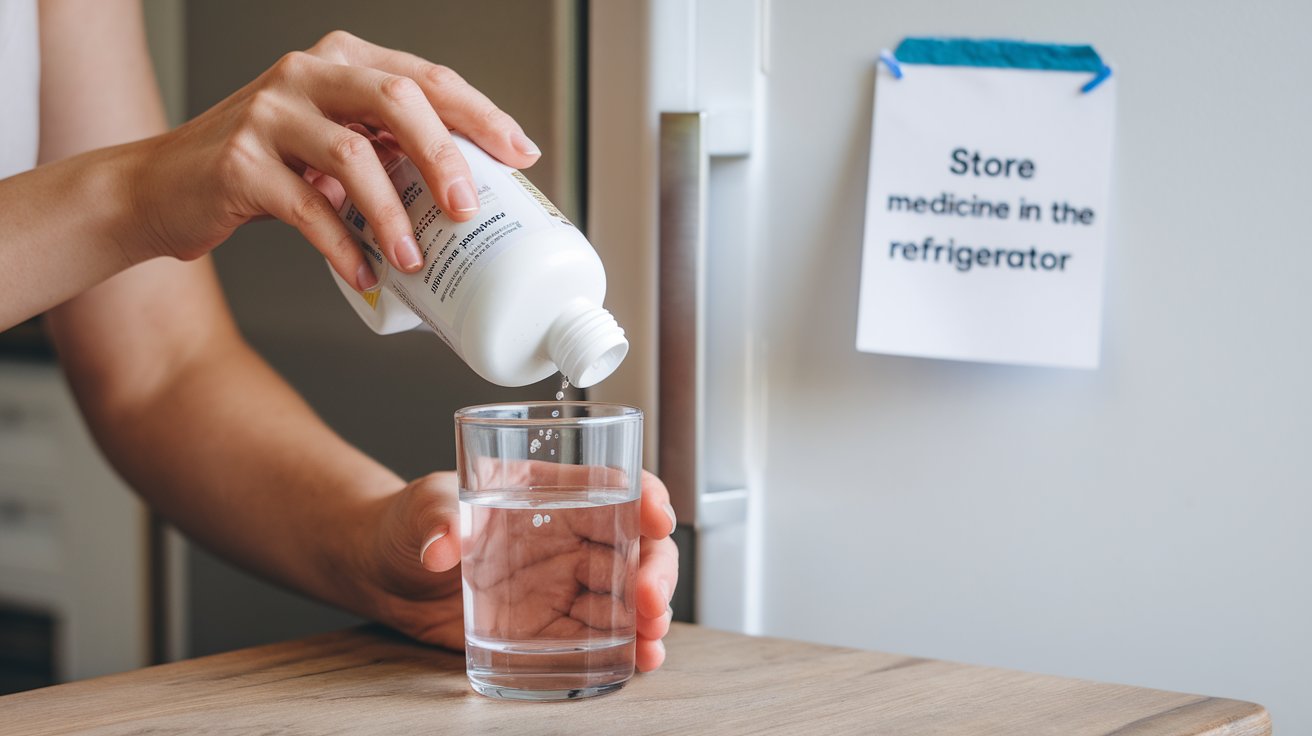
There is the need to pay special attention when giving an antibiotics more so those which is in powder form that has to be dissolved with water. These should never be bought over the counter if they are to be taken, for they will only be administered by a doctor’s prescription. Herex, it is important to note that the dosage and type of antibiotic that your child needs may more or less depend on the weight of your child and the type of infection your child has. There is also the problem of prescribing the wrong antibiotic or giving the wrong dose which will not treat the infection and would further enhance antibiotic resistance, a growing public health concern across the world. Also, except for inclusion complex of ciprofloxacin with cyclodextrin which is pale yellow powder, these antibiotics are liquids and when mixed with water require refrigeration and shaking before use. It is important to follow the doctor’s medical advice to the letter and ensure your child takes the antibiotic to its entirety even when the symptoms begin to wane.
Safe Home use Medicine Prescription
In the case of simple ailments such as fever, mild pain and or upset stomach, it is advisable to self-medicate at home using some over the counter drugs.
1. Fever and Pain Relief
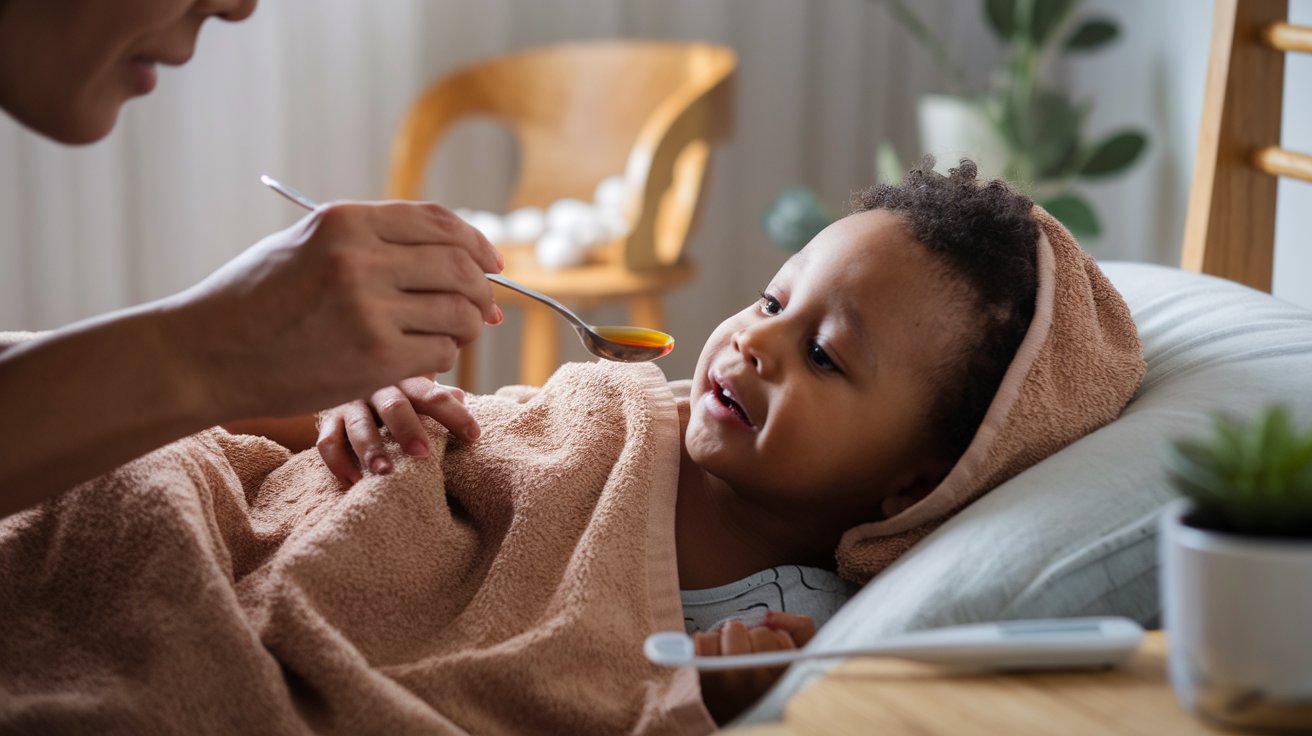
For fever and pains the most recommended drugs for children are acetaminophen (paracetamol) and ibuprofen. These are some of the medications that are in syrup form and can easily be administered to children especially when taken per weight and ages of the child. One has to ensure that they do not switch between using acetaminophen and ibuprofen without consulting a doctor since this results in an accidental overdose.
2. Cough and Cold Syrups
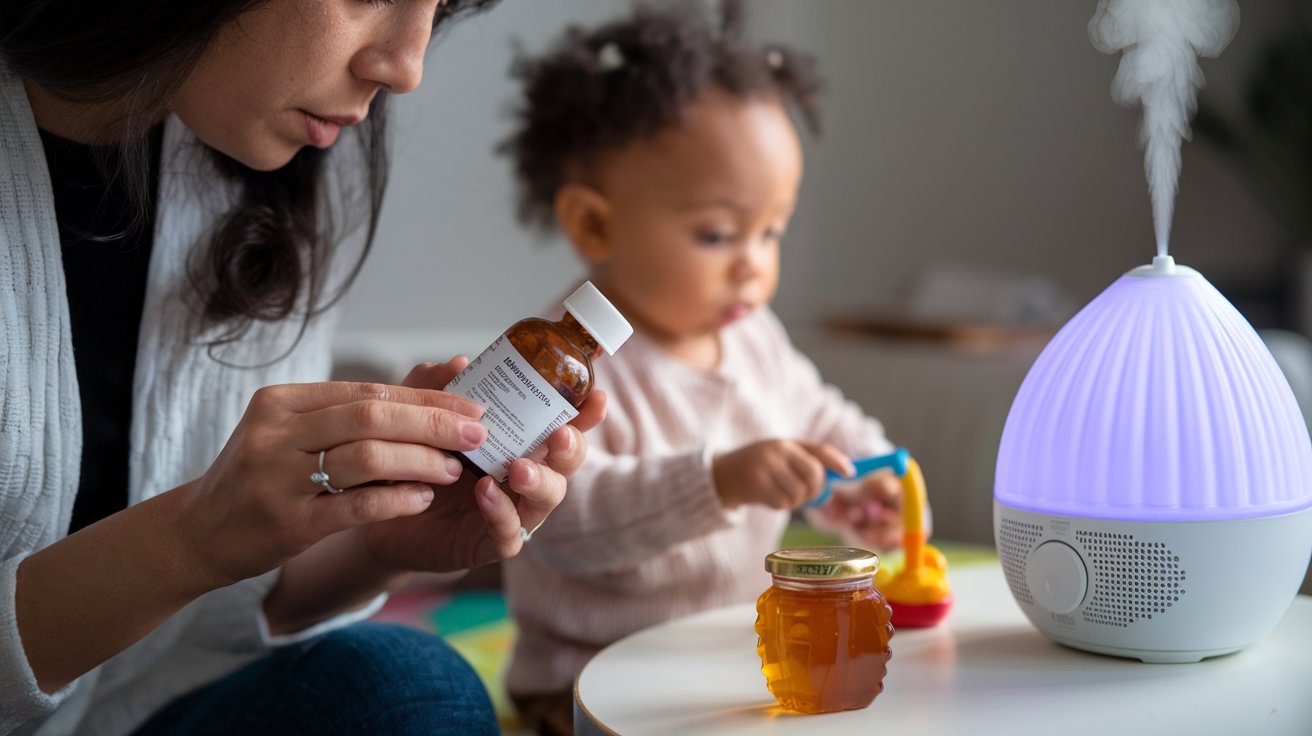
Children cough and cold syrups are easily obtainable in stores but not all the merchandise is for the kids. Some of them may be harmful to the young children esponacing, some antihistamines, decongestants, or codeine. The American Academy of Pediatrics has indicated that cough and cold preparations that are available over the counter should not be prescribed to children under the age of six because of possible side effects and overdose dangers. For children with mild cold symptoms, get a cool-mist humidifier, saline nasal drops and for children from the age of one-year, honey for cough.
3. Managing Stomach Pain and Vomiting
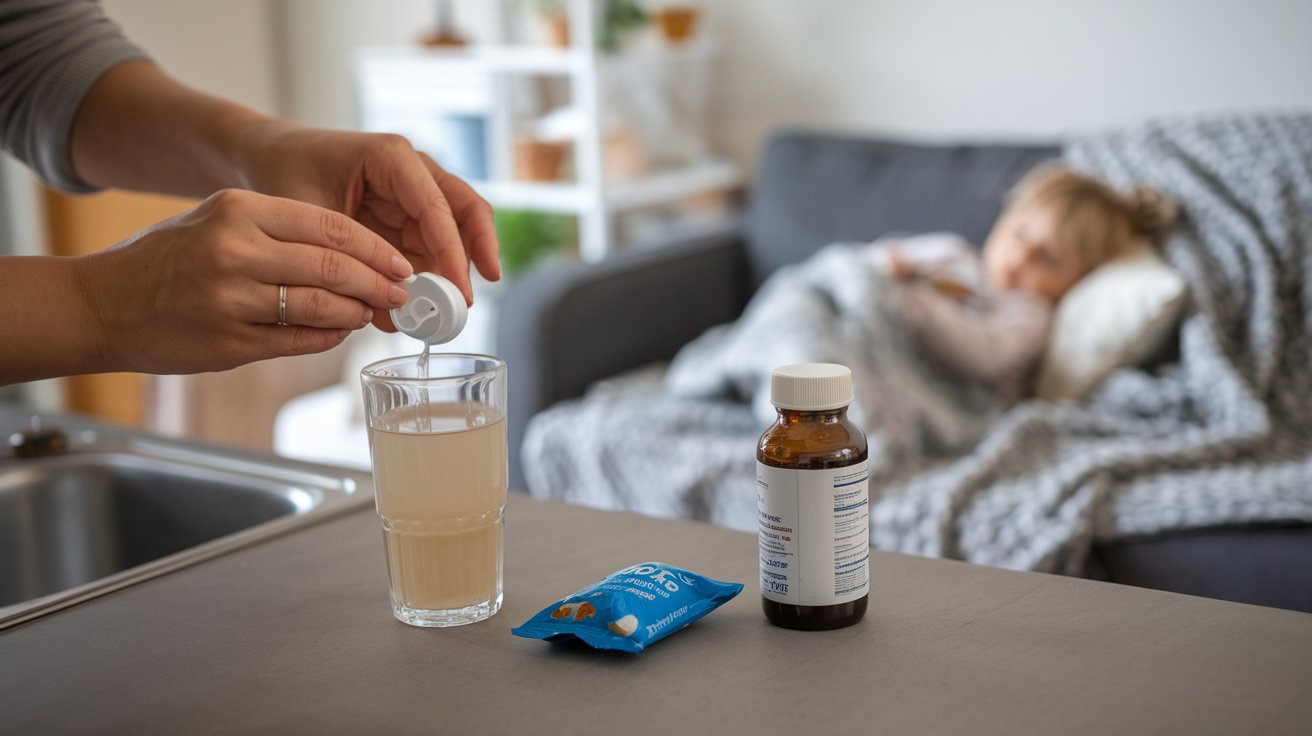
Stomach pain and vomiting medications should be taken with some precautions. In most situations, these signs can be self-treated without any drugs by the simple measures of giving your child water and making him or her sleep. ORS also help in management of vomiting or diarrhea by the administration of ORS as a preventive measure to dehydration. However, if the symptoms persist then it is advisable to pay a visit to the doctor before using any drugs for containing nausea or diarrhoea.
Recognizing When to Consult a Doctor
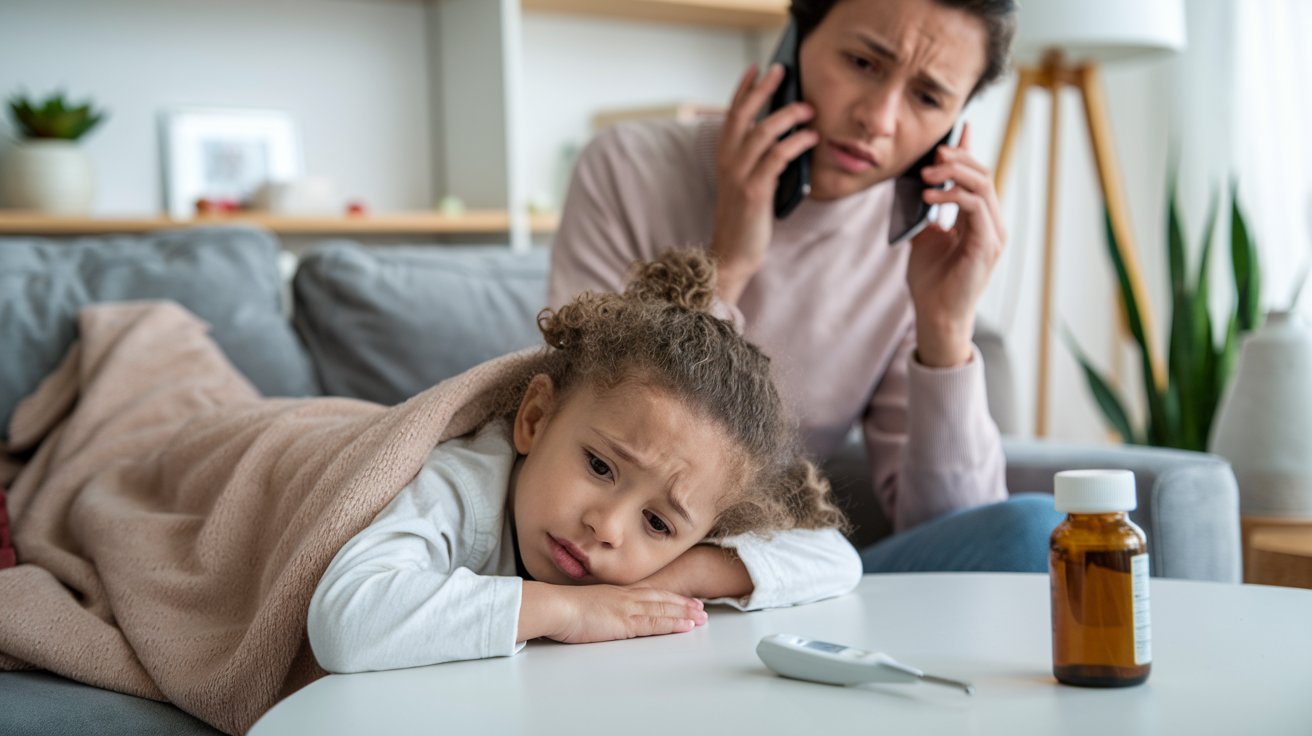
All these medications must be used with the direction of a physician; knowing when to consult one is important.
Even though some of the symptoms may be treated with home remedies there are certain symptoms that must be taken to a medical practitioner. Here are some red flags:Here are some red flags:
High Fever:
If your child is above 2 months old, a fever of 101°F – 102°F for more than a day especially if not relieved by fever medication or a fever that rises 48 hours after it began, one should seek medical help for his child.
Persistent Vomiting or Diarrhea:
These symptoms can cause severe dehydration within a short period of time most esp in children. In case of vomiting or diarrhea continues beyond one day, consult a doctor on the same.
Difficulty Breathing:
If your child has a problem in breathing, his cheeks blow, or has a continuing cough, then he/she has to see a doctor.
Severe Pain:
Any moderate or sharp pain that may be felt in any part of the body especially the abdomen should be tended to by a doctor.
Tips for Safely Storing Medicines at Home
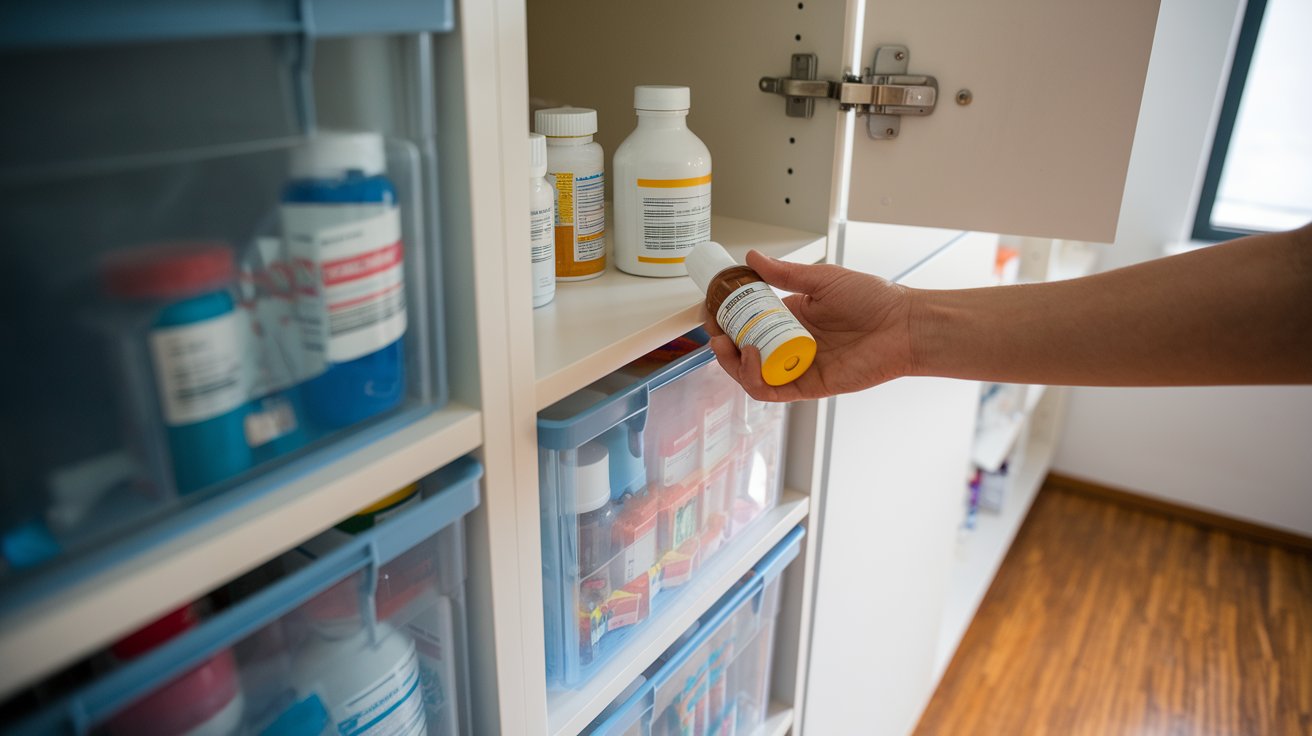
Some of the measures that should be taken to ensure safety of medicines while at home are as follows.
Correct storage of the drugs is very important in order to ensure they are effective and not easily accessed by children. Here are some tips:
Store Medicines Out of Reach:
The products should be stored in a higher cabinet or a locked drawer so that children cannot easily access them. The medicine may be in a child-resistant cap, but that isn’t going to stop the child from getting to the bottle.
Keep Medicines in Their Original Containers: .
The original container presents crucial information on the product including the usage, the date of expiration and any warning that might be necessary.
Store in a Cool, Dry Place:
Medicines may be affected by heat, moisture and light. Do not place them in bathroom or near window as light and dampness affects its quality rapidly. Certain drugs, especially antibiotics require to be stored in a refrigerator- alway go by instructions on the package.
Conclusion
For parents who prefer to administer their child’s medication at home, understanding the dos and don’ts of children’s medicines is pretty tricky, but with the right information and measures in place; the child will get a safe and efficient medication. That said, if you have any concerns, it is always best to speak to your pediatrician, and you should not delay in seeking medical help if your child has major or ongoing complaint. Just to recall, prevention is indeed better than cure where your child’s health is concerned. Therefore, if you adhere to the above measures; you will be in a position to better handle your child’s minor illnesses at home.

